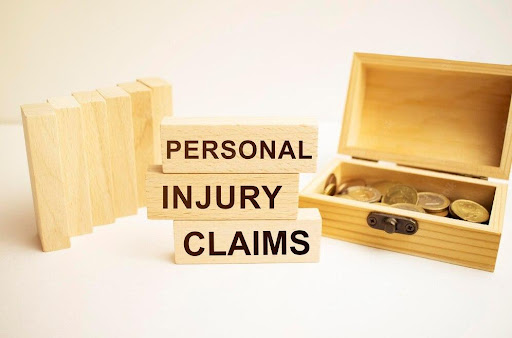Some people think that the only injuries that matter are those that the eyes can see. They often invalidate the high-reaching impact of invisible accident effects, such as emotional damage. It’s even harder to prove the extent of your mental suffering in court.
If you’ve recently gone through a life-changing accident that affected your mental capacity and welfare, you should consider filing a lawsuit against the person responsible. Click here to learn more about what the process entails.
In this article, we’ll be giving you a detailed rundown of how you can prove to the court that you have suffered immense emotional damage. We’ll also give you a few pointers on how you can get monetary compensation for your mental suffering.
What are the Signs?
The symptoms of emotional damage cannot be diagnosed with X-rays or lab tests. However, some of its symptoms can manifest intensely and affect the life of the victim in several ways. Here are some of these symptoms:
- Anxiety
- Post-traumatic stress disorder (PTSD)
- Obsessive-compulsive disorder (OCD)
- Insomnia
- Memory loss
- Constant flashbacks
- Withdrawal
- Inability to care for one’s self
- Loss of appetite leading to loss of weight
- Substance abuse
- Eating disorders
- Self-harm
- Anger or irritability
- Suicidal thoughts
How Do You Prove It in Court?
Now, the big question is: “How do you get the court to understand the full impact of your mental suffering?’’ It’s not going to be easy. You’ll be doubtful. Your evidence will be intensely cross-examined, and your morals will be questioned. You’ll likely suffer more emotional damage during this process.
However, with the right lawyer and the right tactics, you should be able to convince the judge and jury that you deserve every penny you’re asking for.
Now, here are a few things your lawyer will need to demonstrate in court to prove your emotional damage:
Underlying cause
The court needs to be convinced that all of your trauma stemmed from the traumatic experience you suffered. The more extreme the event was, the more likely they were to agree with your claims.
For instance, you’ll have an easier time convincing the judge and jury that you deserve compensation for falling from faulty scaffolding than you would if it were a rear-end car accident.
Duration
It’s easier to get compensation if your suffering is still ongoing. If there are any long-term effects of the harm you suffered (e.g., Post Traumatic Stress Disorder, constant flashbacks, etc.), be sure to mention that in court as well.
Intensity of mental suffering
You’re also likely to get compensation quicker and easier if you suffer intense psychological effects such as agoraphobia, panic attacks, or night terrors.

Related Bodily Harm
If the psychological effects you’re suffering are triggering other physical effects such as hair loss, weight loss, or any dermatological issues, be sure to show this to the court. There’s nothing more convincing than a before and after photo. Let the court see how much you’re really suffering, both inside and outside your mind.
Medical Records
All the claims you make to the court will mean nothing without the validation of a medical professional. Get in touch with a therapist or court-approved mental health specialist to fully assess your state of mind. They will ask you questions that will unravel the full effects of your mental suffering.
Their final report will serve as a testimonial to your claims. Also, if these therapy sessions cost you any financial expenses, your lawyer will include receipts and use them as evidence to convince the judge and jury that you deserve every penny you’re asking for.
Wrapping Up
Proving the extent of the mental suffering you suffered as a result of someone else’s negligence can be tough and overwhelming. Sometimes, victims prefer to give up their right to compensation for emotional damage because they do not want to go through the rigorous process.
All you need to win a case like this is a lawyer who is willing to go all out for you. Ensure that you hire a lawyer who not only cares about the legal proceedings but also wants your best interest.





